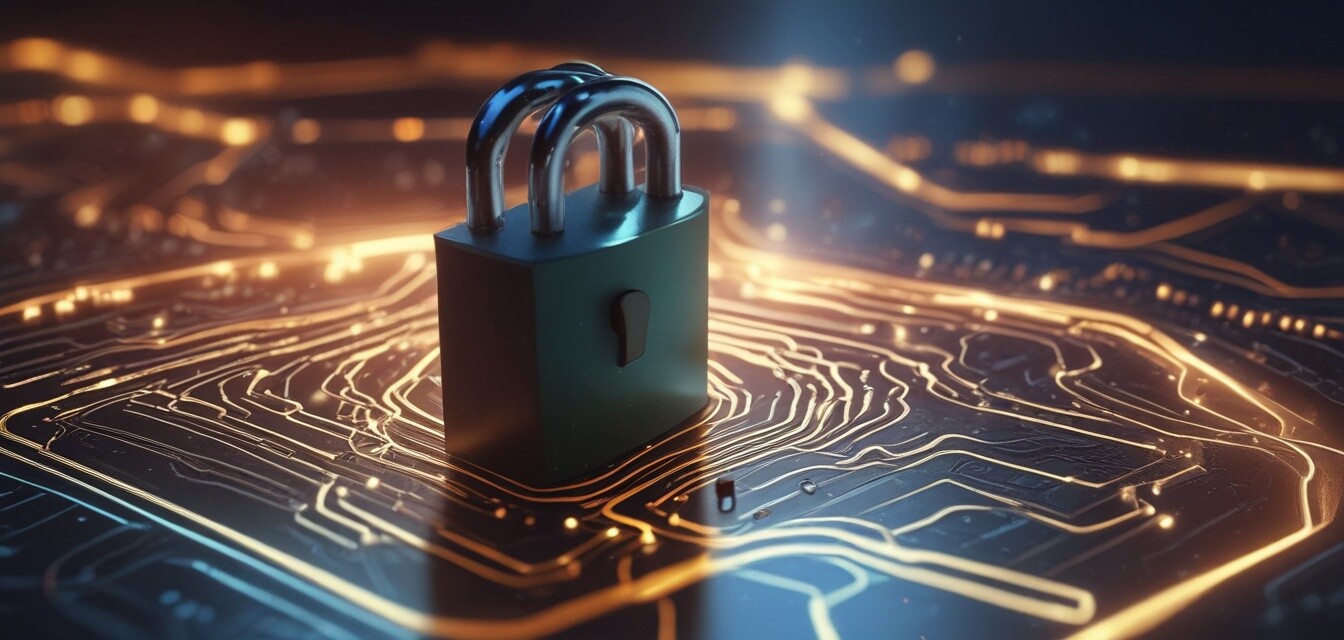
Protecting Your Data: Importance of Network Security
- Understanding network security is crucial in protecting personal data.
- Implementing strong passwords and encryption protocols is essential.
- Regular updates and monitoring help prevent unauthorized access.
- Utilizing firewalls and security devices can enhance your network safety.
- Education on phishing and other online threats is key to safeguarding your information.
In today's digital age, safeguarding your personal data is more important than ever. With the rise in cyber threats, understanding the importance of network security measures can protect not only your personal information but also your peace of mind. In this article, we will explore best practices for enhancing your network security and keeping your data safe from intrusions.
Why is network security important?
Network security refers to a set of technologies, policies, and practices designed to protect your network from unauthorized access, misuse, or theft. Without adequate protection, you risk various threats, including data breaches, identity theft, and financial losses. Here are a few reasons why network security is essential:
- Protects Sensitive Information: Network security helps secure personal data such as bank details and private communications.
- Maintains System Integrity: Ensures that your network devices and data remain unaltered by harmful elements.
- Prevents Unauthorized Access: Minimizes the risk of unauthorized entities breaking into your network.
- Avoids Financial Loss: Helps companies and individuals prevent costly data breaches and recoveries.
Best practices for network security
To effectively protect your data, consider implementing the following best practices:
| Practice | Description |
|---|---|
| Use strong passwords | Utilize complex passwords and change them regularly to deter unauthorized access. |
| Enable encryption | Encrypt sensitive data to make it unreadable to unauthorized users. |
| Implement firewalls | Firewalls act as barriers between your secure internal network and external threats. |
| Regular updates | Keep all software, devices, and security tools updated to protect against new vulnerabilities. |
| Use network security devices | Devices such as intrusion detection systems enhance monitoring and protection. |
Enhancing your home network security
Incorporating robust network security measures at home is vital, especially as remote working becomes more common. Here are some additional tips to enhance your home network security:
- Secure your router: Change default passwords and SSID names of your router.
- Disable WPS: Wi-Fi Protected Setup (WPS) can be an easy target for attacks.
- Configure your network settings: Disable remote management for your router.
- Segregate your networks: Create a separate network for guests to keep your main network secure.
Common threats to network security
Understanding common threats can help you better prepare your defenses. Some prevalent threats include:
- Phishing: Fraudulent emails or messages that trick users into divulging personal information.
- Malware: Malicious software designed to harm or exploit systems.
- Ransomware: A type of malware that encrypts files and demands payment for access.
- DDoS Attacks: Distributed denial-of-service attacks overwhelm systems to disrupt service.
Educating yourself and others
Education is a core component of effective network security. Awareness of potential threats can make a significant difference. Consider sharing this knowledge within your social circles or workplace. Here are some strategies to educate others:
Tips for effective security education
- Organize training sessions on cybersecurity awareness.
- Share informative content on recognizing phishing attempts.
- Encourage discussions on the importance of strong passwords.
Conclusion
Protecting your data is not just an individual responsibility but a collective effort. By implementing robust network security measures and educating yourself and others, you can significantly enhance your defenses against cyber threats. Start today by assessing your network security, and ensure that it's equipped to safeguard your personal information.
Pros
- Enhances personal data security.
- Reduces the risk of financial loss.
- Improves overall system integrity.
- Educates users on potential threats.
Cons
- Can require significant time investment.
- May involve ongoing costs for security software or devices.
- Complexities may overwhelm less tech-savvy individuals.
Explore more on broadband security
For further resources visit our other articles on data plans and pricing, or check our insights on buying guides for more tips on optimizing your internet usage. Staying informed is the key to protecting your information in this digital world!
